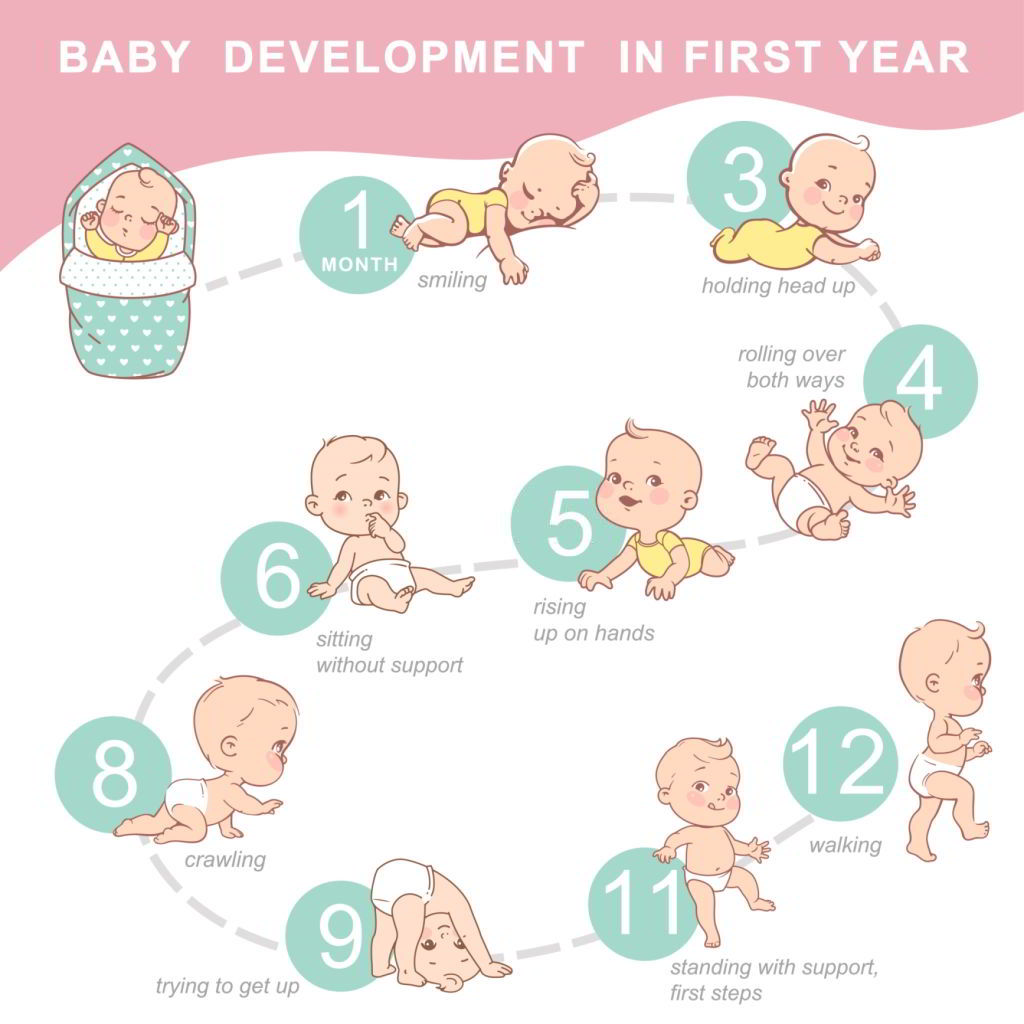 Source: bing.com
Source: bing.comTable of Contents
Introduction
As a parent or soon-to-be parent, you may be wondering how long it takes for a baby to develop. The truth is, it varies from child to child, but there are some general milestones that most babies reach. In this article, we’ll cover the typical timeline for baby development, from conception to the first year of life.
First Trimester
The first trimester of pregnancy lasts from conception until the end of week 12. During this time, the fertilized egg implants in the uterus and begins to divide into cells. By week 6, the embryo is about the size of a pea and has a beating heart. By week 9, the embryo is officially called a fetus and has fingers, toes, and a nose.
Second Trimester
The second trimester lasts from week 13 to week 28. By the end of this trimester, the fetus will be around 14 inches long and weigh about 2 pounds. During this time, the fetus will grow hair, eyelashes, and eyebrows. They will also begin to practice breathing by inhaling and exhaling amniotic fluid.
Third Trimester
The third trimester lasts from week 29 until birth. During this time, the fetus will continue to grow and develop. They will gain weight, begin to open and close their eyes, and develop their sense of taste and smell. By the end of this trimester, the fetus will be fully formed and ready for life outside of the womb.
Birth
When a baby is born, they will be assessed for several things, including their weight, length, and overall health. They will also be given an Apgar score, which rates their physical condition on a scale of 0 to 10. A score of 7 or above is considered normal.
First Year of Life
During the first year of life, a baby will grow and develop at an astonishing rate. They will learn to roll over, sit up, crawl, and eventually walk. They will also begin to babble and eventually say their first words. By their first birthday, most babies will have tripled their birth weight and grown several inches.
Frequently Asked Questions
1. How can I help my baby develop?
You can help your baby develop by providing plenty of opportunities for play and exploration. Talk to them, read to them, and sing to them. Provide a safe and stimulating environment that encourages them to explore and learn.
2. How do I know if my baby is developing normally?
Your pediatrician will monitor your baby’s growth and development at regular checkups. They will look for physical and developmental milestones and make sure your baby is on track.
3. What should I do if I’m concerned about my baby’s development?
If you’re concerned about your baby’s development, talk to your pediatrician. They can refer you to a specialist if necessary.
4. What are some common developmental delays?
Common developmental delays include delays in motor skills (such as crawling, walking, and running), speech and language delays, and delays in social and emotional development.
5. Can premature babies catch up to their peers?
Yes, premature babies can catch up to their peers with proper care and support. Early intervention services can help address developmental delays and give premature babies the best chance for success.In conclusion, baby development is a fascinating and complex process. By understanding the typical timeline for development, you can help support your baby’s growth and ensure they are reaching their milestones. If you ever have concerns about your baby’s development, don’t hesitate to talk to your pediatrician. They are there to help you and your baby thrive.
